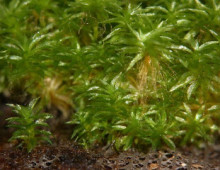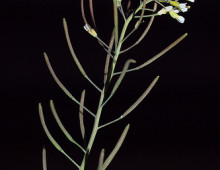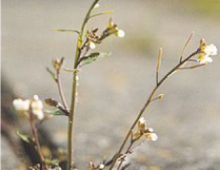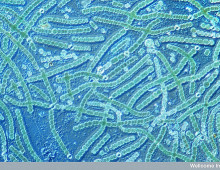Moss Sequencing “Ennobles” Flagship Genome
Physcomitrella Genome Expected to Provide Help with Global Climate Change The Science An international team of scientists has annotated all 32,275 genes of Physcomitrella patens, a moss sequenced by the DOE Joint Genome Institute that contains about 10,000 more genes than humans. The Impact It is widely believed that the P. patens genome contains information… [Read More]



